
Posted By: Medsole RCM
Posted Date: Aug 01, 2025
AS we all know that Mental health awareness is rising across the whole United States, and along with this, the demand for behavioral health services increases. In America, we have seen that people who are suffering from anxiety, depression, trauma, addiction, and PTSD are seeking help. So many therapists, counselors or psychiatrist take a logical step of opening a behavioral health practice. But before launching, it’s mandatory to understand the real challenges to sustain such a practice.
Whether you’re a licensed psychologist or a recent graduate entering the field, this blog will help you to understand the reality of starting and managing a behavioral health practice in the U.S.
Before opening the practice, every therapist needs to understand that that license is more important, to start the practice in any particular state to provide services legally. Each state has different requirements for providers like social workers, therapists, counselors, and psychologists.
They also have to choose a business structure like LLC, PLLC, or a corporation, all depending on state's rules and long-term goals of providers. Many behavioral health professionals start as solo practitioners and after some time expand to group practices.
The main process is credentialing, which means enrolling with insurance companies so you can bill them for your provided services. It’s not quick, it may take 90–180 days. Credentialing for therapists involves collecting licensure documents, proof of malpractice insurance, education history, and much more.
If you're not credentialed, you’ll either have to collect cash payments or use superbills and both of them not having a long-term sustainability. Insurance paneling for behavioral health providers allows access to a broader patient base.
Start the credentialing process at least three months before giving your services. Partnering with a medical billing company like MedSole RCM can help manage credentialing in time.
Behavioral health billing is unlike standard medical billing. You’ll need to understand:
Incorrect coding may result in denials, delayed payments, or audits.
Electronic Medical Records (EMRs) designed for general practitioners don’t always support behavioral health workflows. You’ll need a platform that supports:
Some popular EMRs for behavioral health include SimplePractice, TherapyNotes, and Valant.
Here’s what every provider should cover before opening:
Skipping any step may results in delay in your launch or you will face billing headaches.
New practices often struggle to get clients in the first few months. You can build referral sources by:
Word of mouth is powerful in behavioral health, but it takes time to build.
Going in-network means lower rates but higher patient volume. Out-of-network lets you set your rates but limits accessibility. Many new providers go in-network to build a caseload, then shift partially out-of-network later.
Make this decision early and structure your billing model around it.
Even with proper credentialing and accurate billing, denials happen. Common reasons include:
Partnering with denial management experts can save months of delayed income. At MedSole RCM, we’ve helped practices recover from 50% denial rates to clean claims in under 90 days.
As your caseload grows, you may want to hire:
Vet staff thoroughly. In behavioral health, the provider-patient relationship is delicate—adding the wrong clinician or assistant can hurt your brand.
If you’re offering virtual services or telehealth assistance, you must follow telehealth laws in each state where your clients reside. This includes licensure, documentation, and consent protocols.
As of 2025, Medicare and many private insurers cover behavioral telehealth, but rules vary.
New behavioral health practices often take 3–6 months before they reach financial consistency. Expect the following:
You’ll want at least 3 months of operating expenses saved or a part-time income source while building.
Having a billing partner that knows the behavioral health landscape can prevent many of the early-stage problems:
At MedSole RCM, we support solo practitioners and growing group practices. Our team handles all like credentialing, billing, and follow-ups, so you can maintain your focus on patient care.
No doubt that opening a behavioral health practice in the USA is very rewarding, but it has a lot of real operational challenges. For example, credentialing hurdles, billing complexities, telehealth compliance and client outreach, each and every step requires planning and strategy.
When providers pay attention to the administrative side as much as they are focusing on the clinical side, they can grow faster and serve better.
It takes around 90 to 180 days, depending on the insurance and state.
Yes, as out-of-network or cash-pay, but clients may not get reimbursement.
Yes, it’s required by most insurers and licensing boards.
Yes, it is different, a business license allows you to legally operate in your city or county.
Popular choices include TherapyNotes, SimplePractice, and Valant.
It depends on your volume. Many solo providers do better with expert help.
An LLC or PLLC is generally preferred for liability protection.
Only if licensed in both states or if your state participates in PSYPACT.
Work with a credentialing service or billing partner familiar with your payer mix.
Yes, it’s a central database most payers use for credentialing.
Yes, but let them know they may not be reimbursed.
Varies, but 5–10 is a reasonable start if marketing is active.
Delaying credentialing or trying to handle billing alone.
Get quick highlights instantly
Recent Blogs
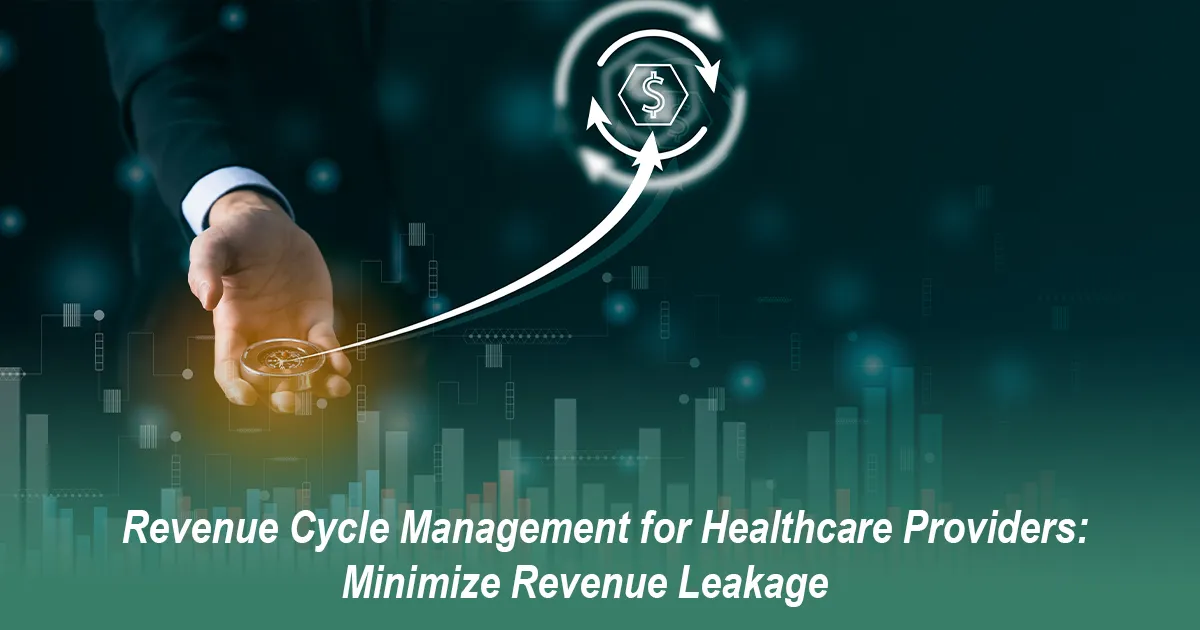
Posted Date: Jun 24, 2025
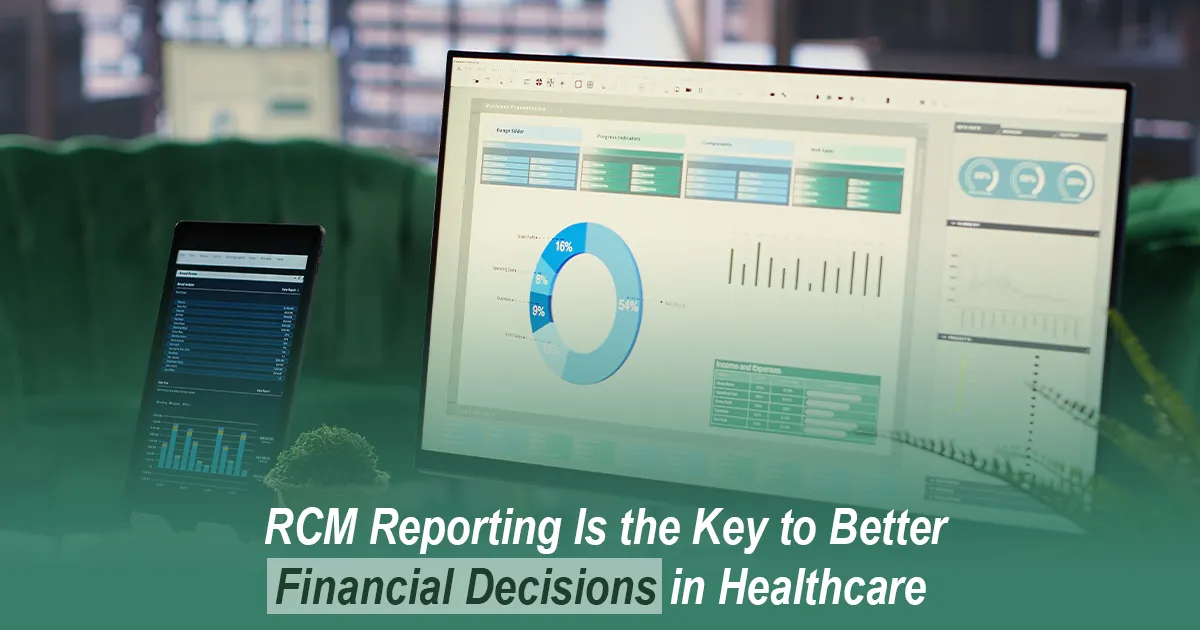
Posted Date: Jun 26, 2025

Posted Date: Jun 28, 2025

Posted Date: Jun 30, 2025

Posted Date: Jul 02, 2025

Posted Date: Jul 04, 2025
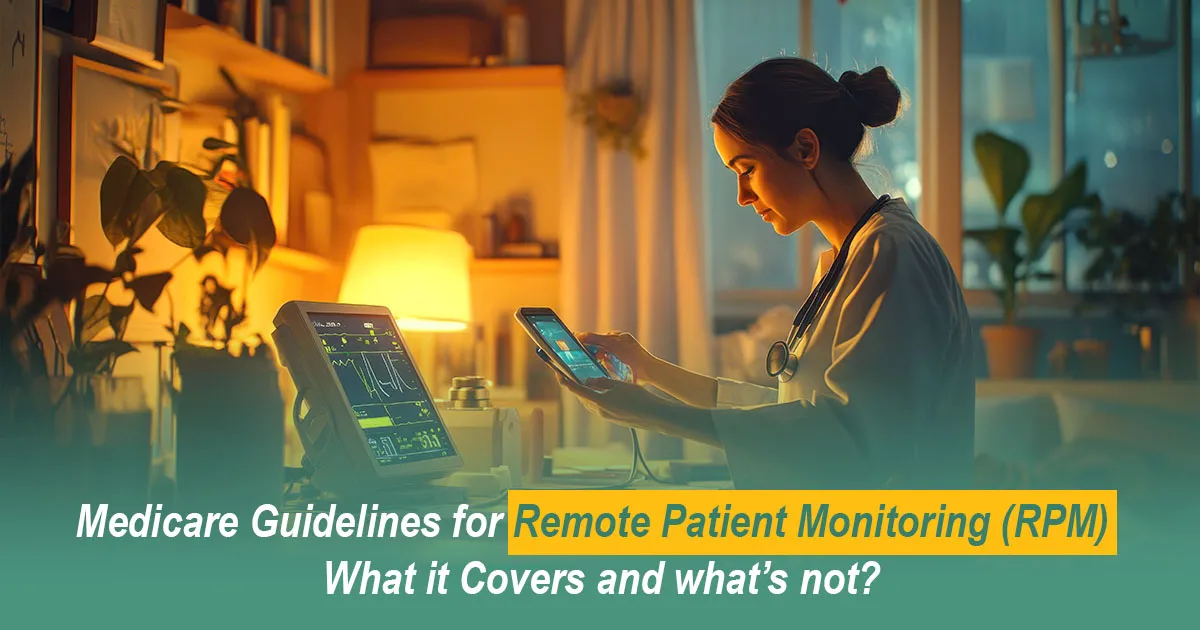
Posted Date: Jul 07, 2025

Posted Date: Jul 09, 2025

Posted Date: Jul 11, 2025

Posted Date: Jul 14, 2025

Posted Date: Jul 16, 2025

Posted Date: Jul 18, 2025

Posted Date: Jul 22, 2025

Posted Date: Jul 23, 2025

Posted Date: Jul 25, 2025

Posted Date: Jul 28, 2025

Posted Date: Aug 01, 2025

Posted Date: Aug 04, 2025

Posted Date: Aug 06, 2025
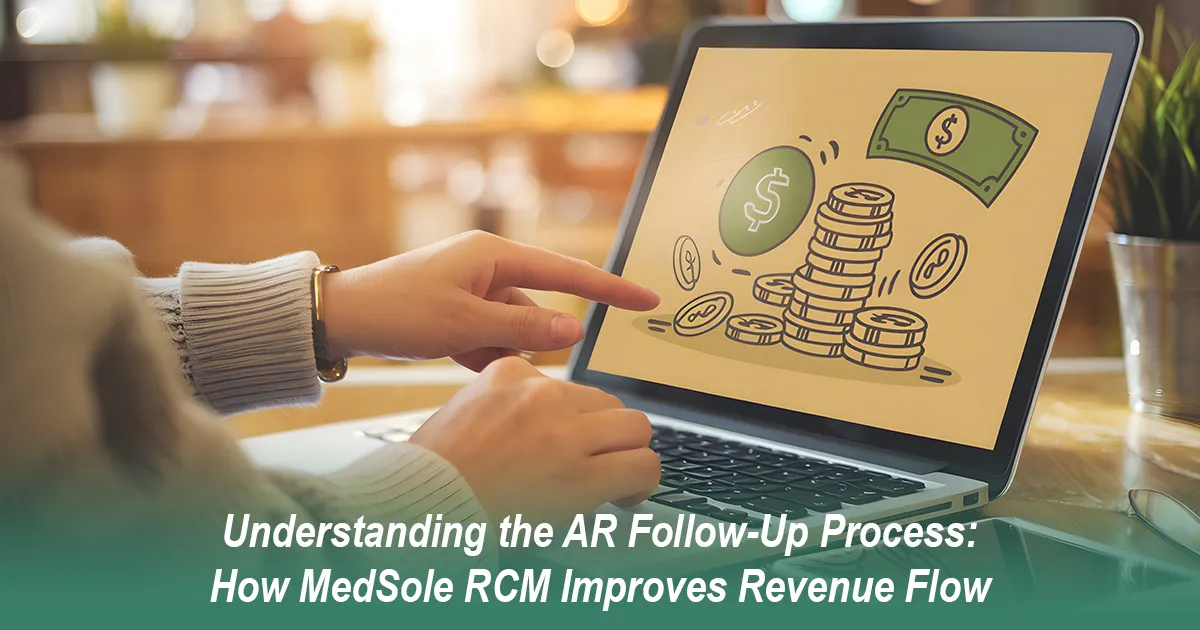
Posted Date: Aug 08, 2025

Posted Date: Aug 11, 2025

Posted Date: Aug 14, 2025

Posted Date: Aug 18, 2025

Posted Date: Aug 20, 2025

Posted Date: Aug 25, 2025

Posted Date: Aug 27, 2025

Posted Date: Aug 29, 2025

Posted Date: Sep 03, 2025

Posted Date: Sep 05, 2025

Posted Date: Sep 08, 2025

Posted Date: Sep 15, 2025

Posted Date: Sep 18, 2025

Posted Date: Sep 22, 2025

Posted Date: Sep 24, 2025

Posted Date: Sep 26, 2025

Posted Date: Sep 29, 2025
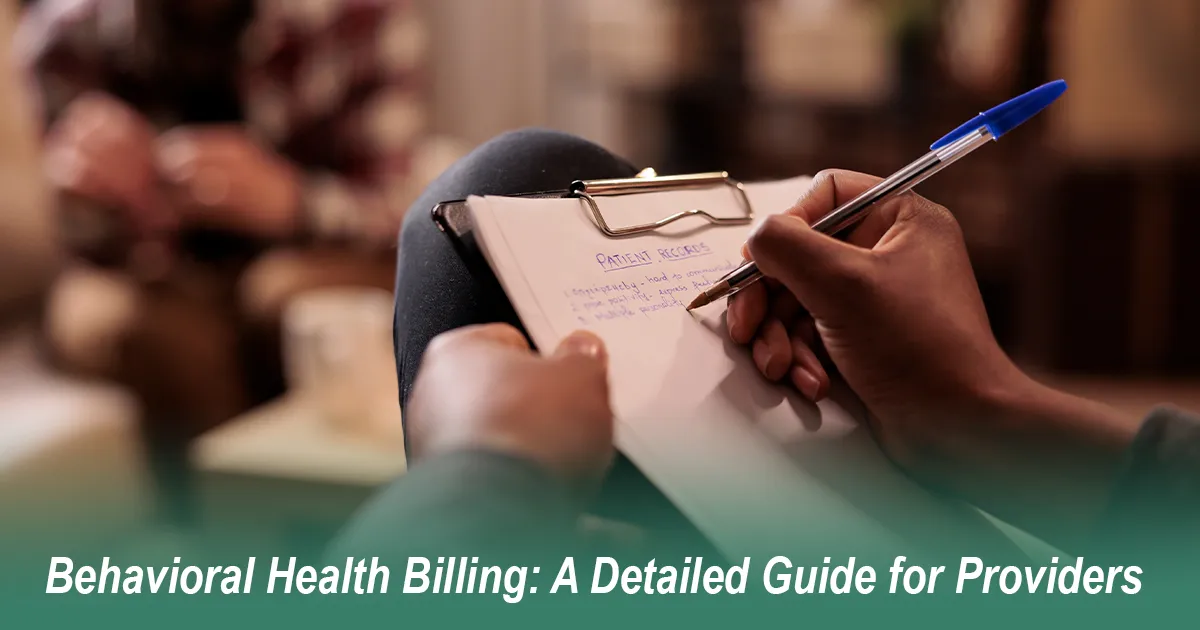
Posted Date: Oct 02, 2025
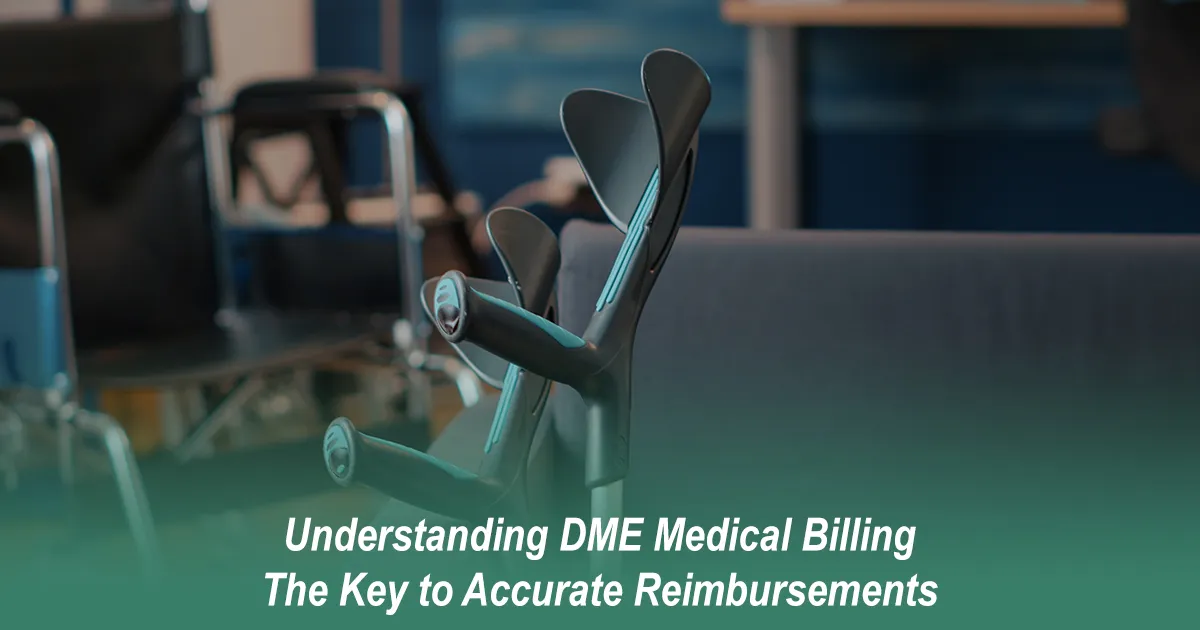
Posted Date: Oct 13, 2025

Posted Date: Oct 16, 2025

Posted Date: Oct 23, 2025
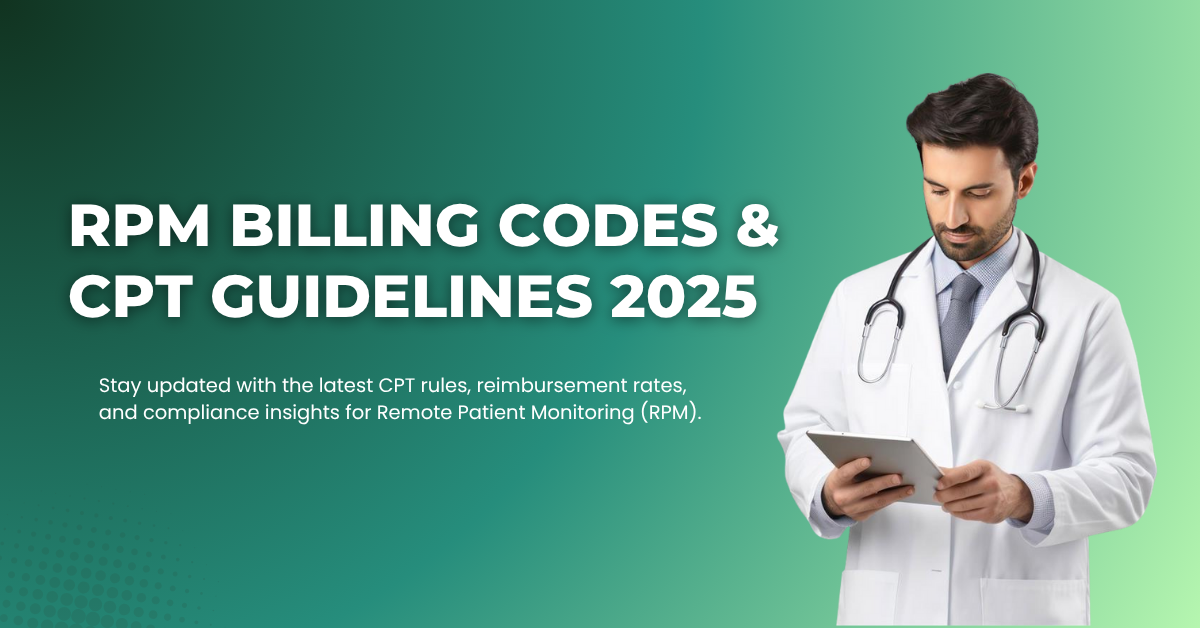
Posted Date: Oct 27, 2025

Posted Date: Oct 28, 2025

Posted Date: Oct 30, 2025
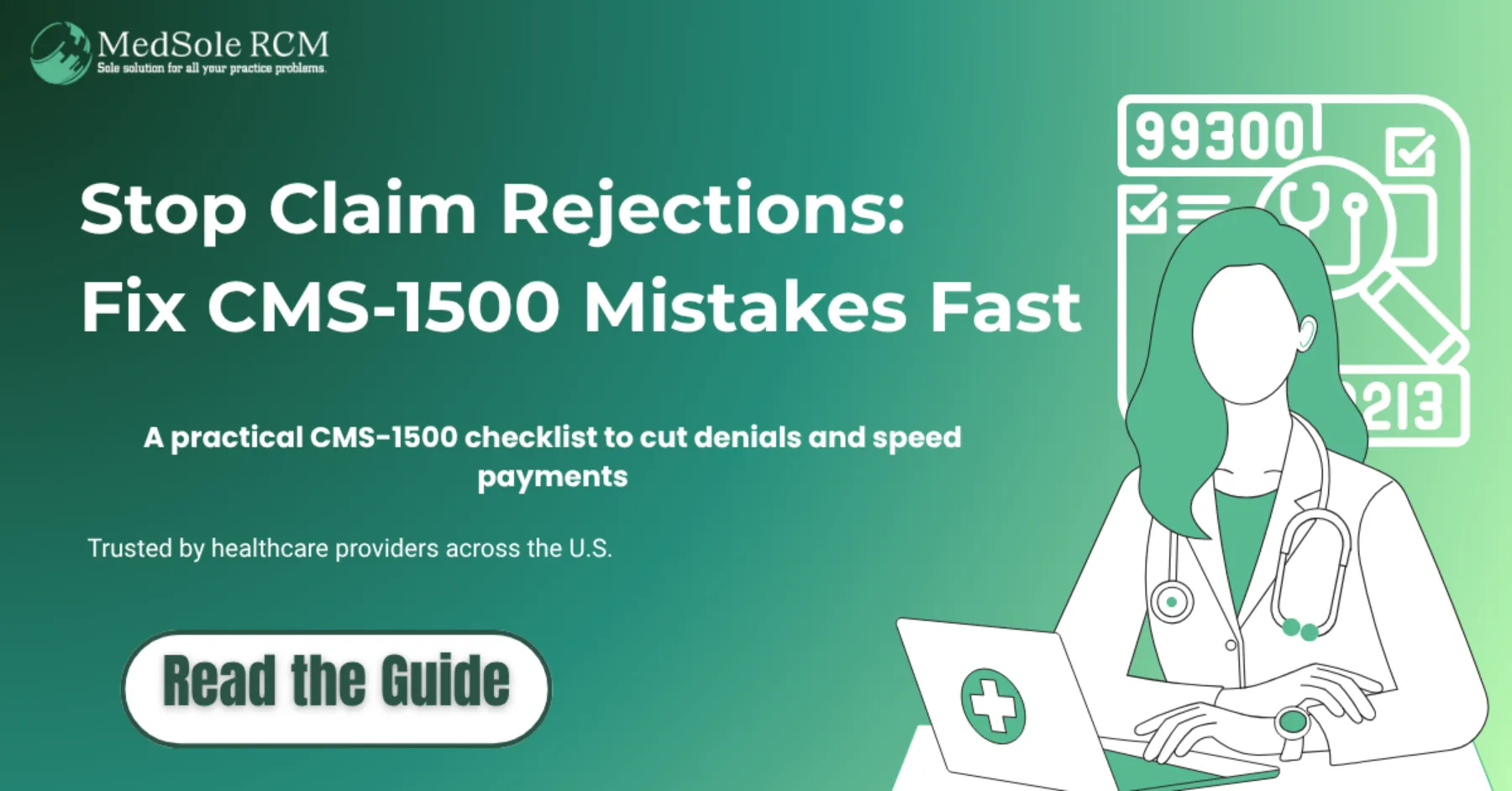
Posted Date: Oct 31, 2025

Posted Date: Nov 03, 2025

Posted Date: Nov 05, 2025
_11zon.webp)
Posted Date: Nov 11, 2025
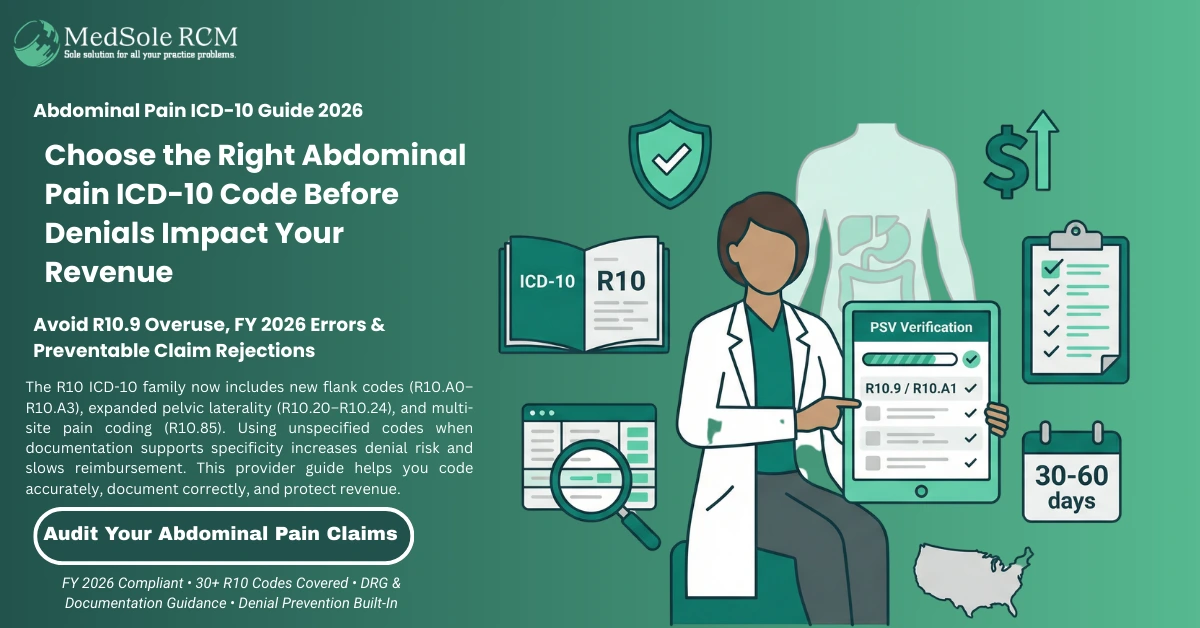
Posted Date: Nov 14, 2025

Posted Date: Jan 05, 2026
.png)
Posted Date: Jan 02, 2026
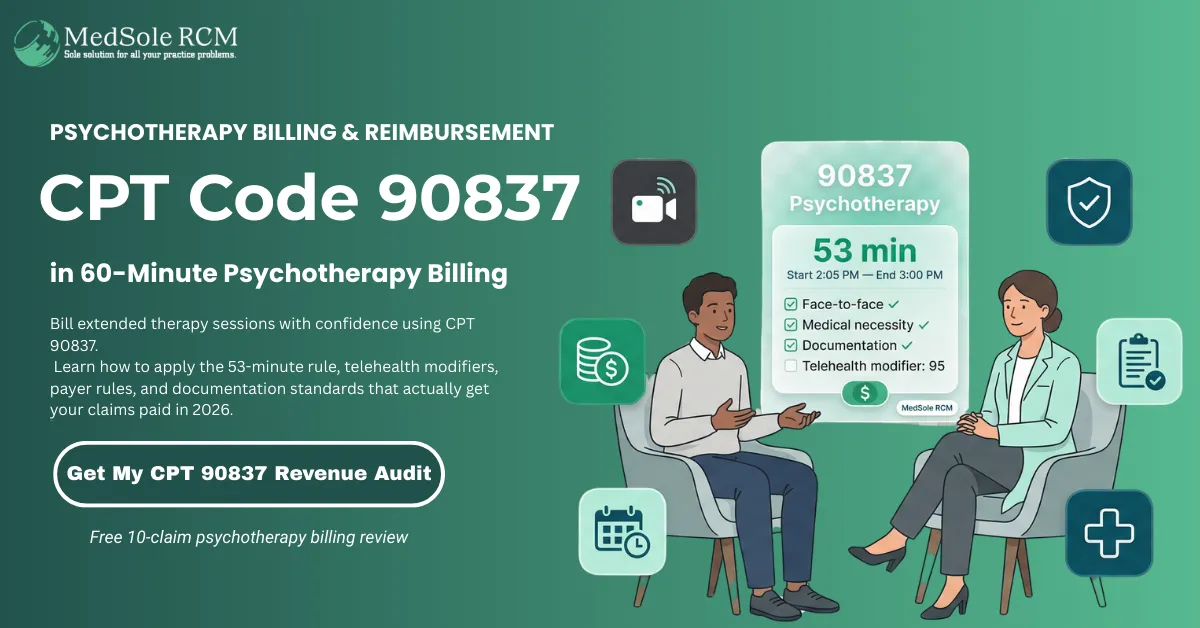
Posted Date: Jan 06, 2026
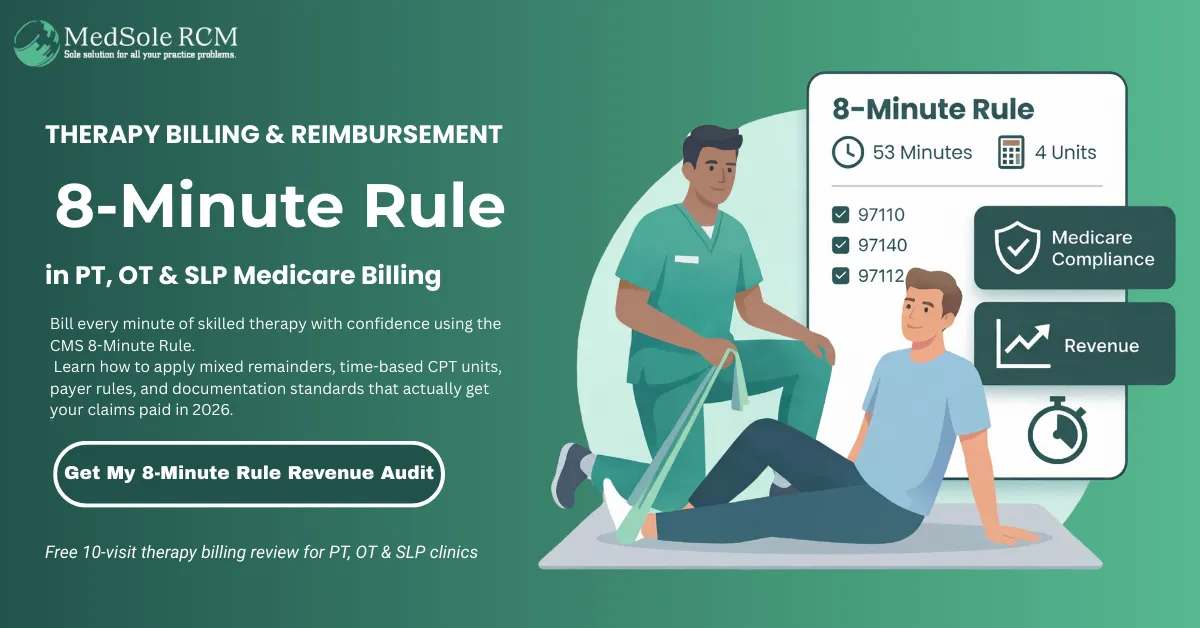
Posted Date: Jan 07, 2026
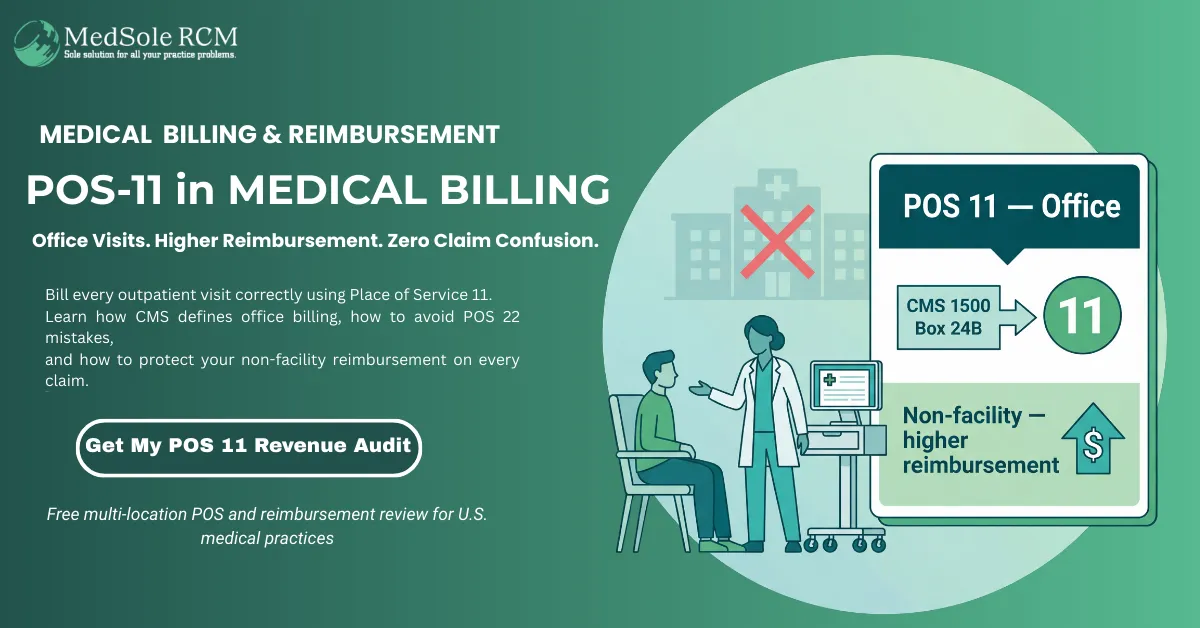
Posted Date: Jan 08, 2026
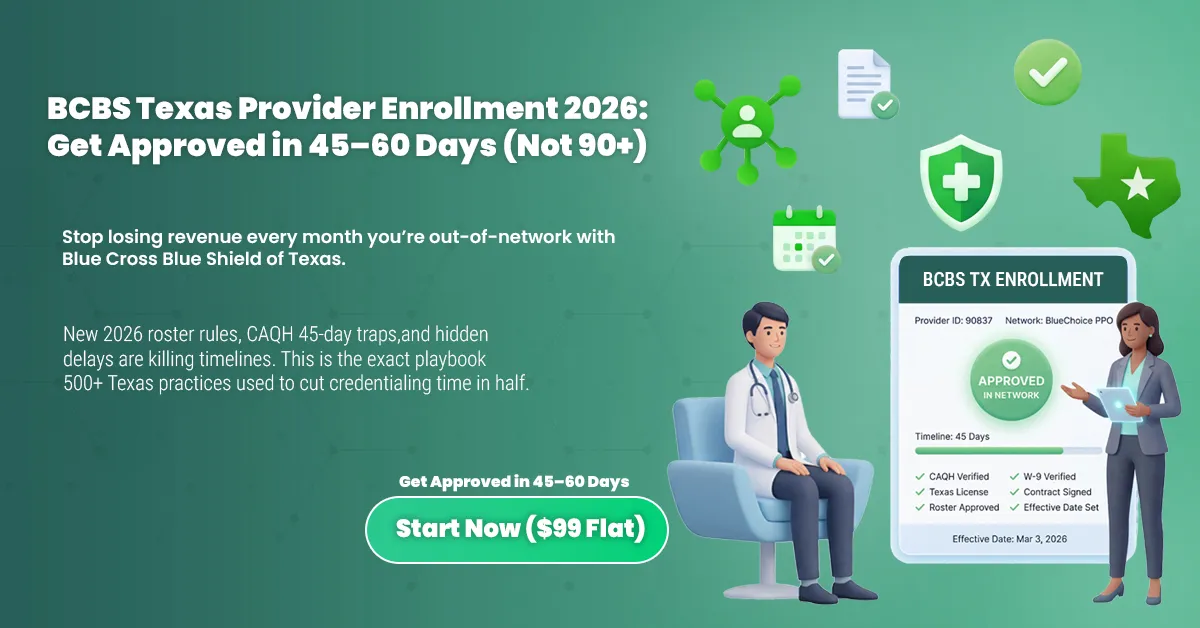
Posted Date: Jan 15, 2026
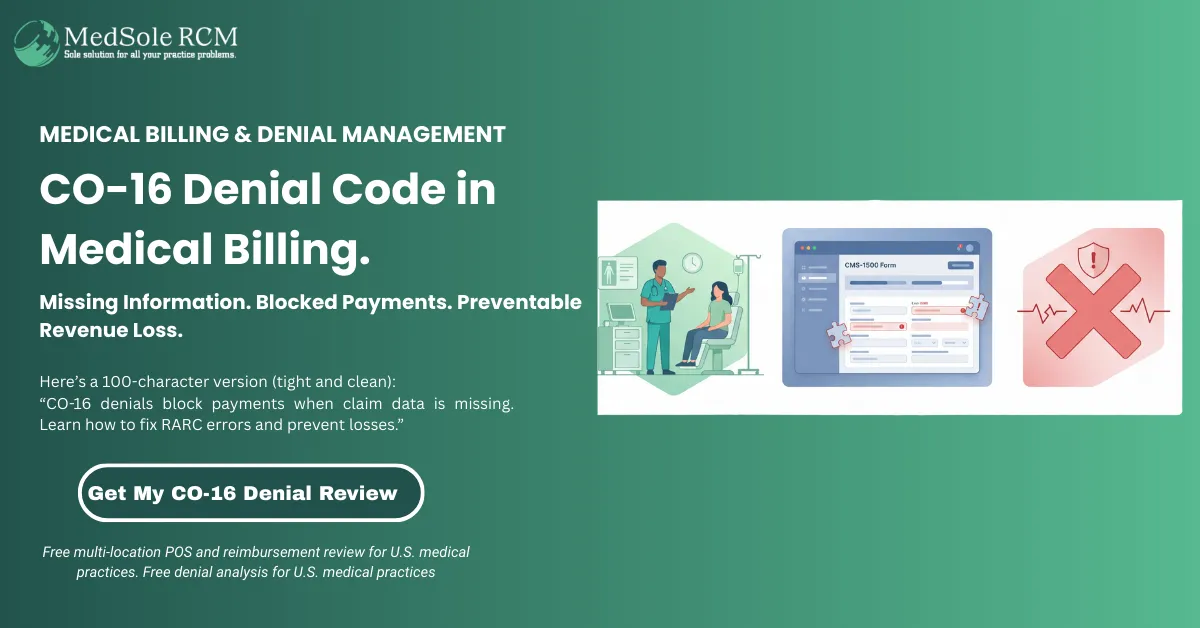
Posted Date: Jan 13, 2026
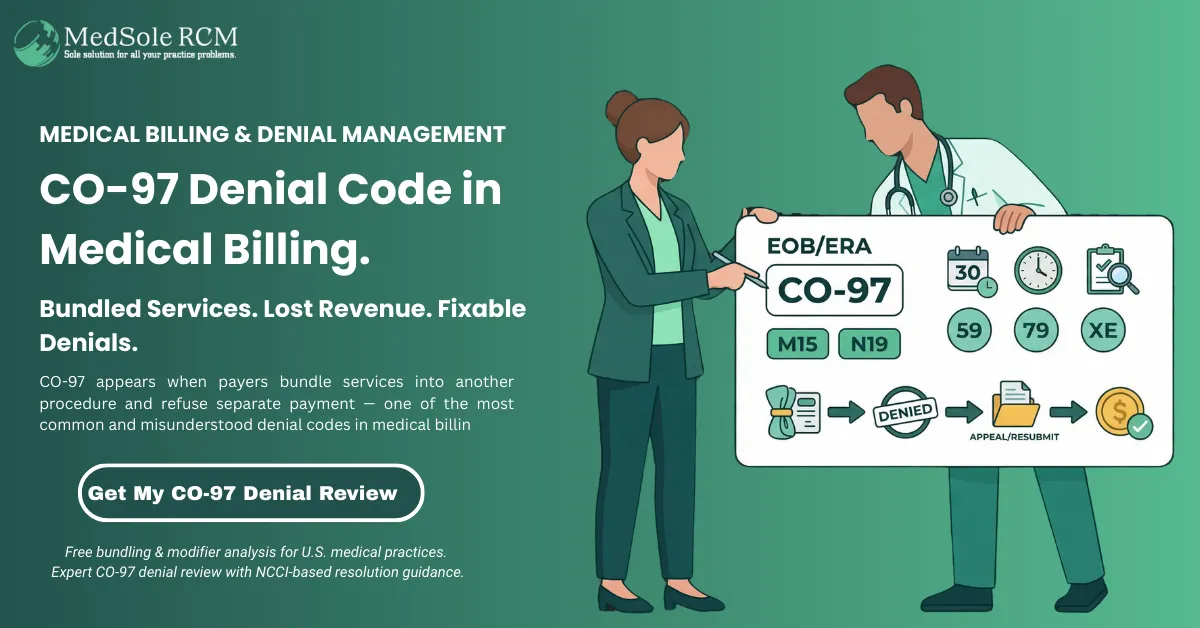
Posted Date: Jan 21, 2026
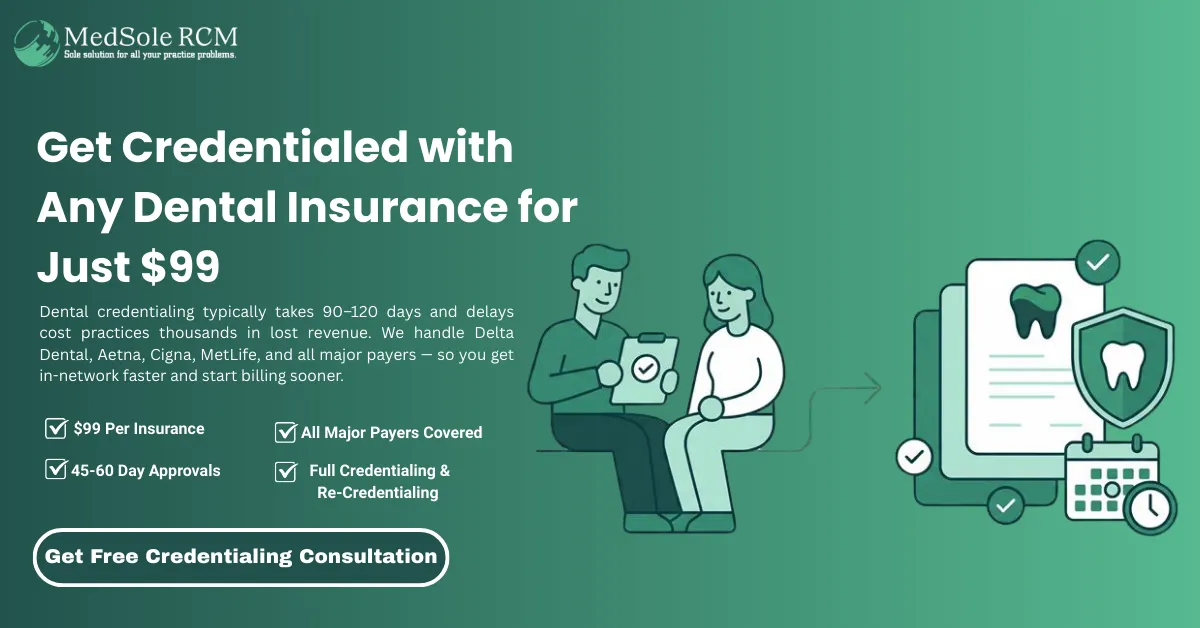
Posted Date: Jan 22, 2026
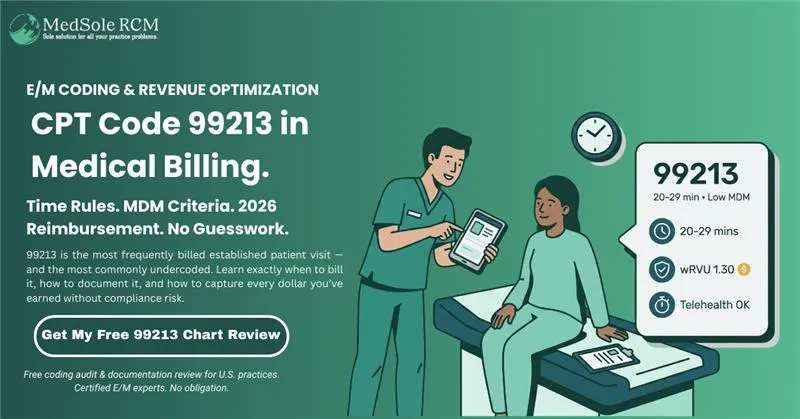
Posted Date: Jan 26, 2026
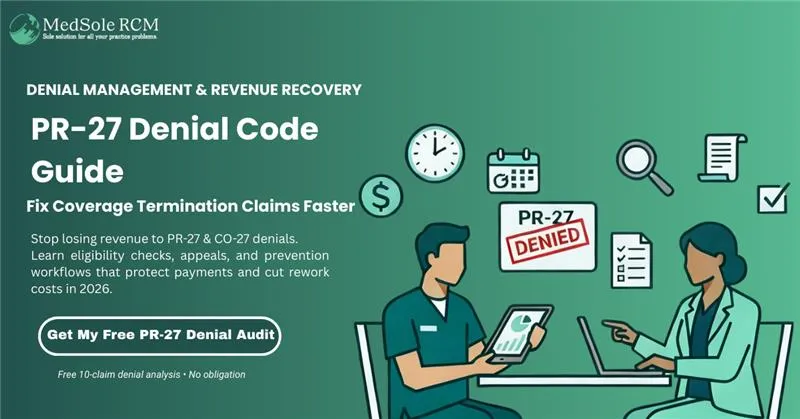
Posted Date: Jan 27, 2026
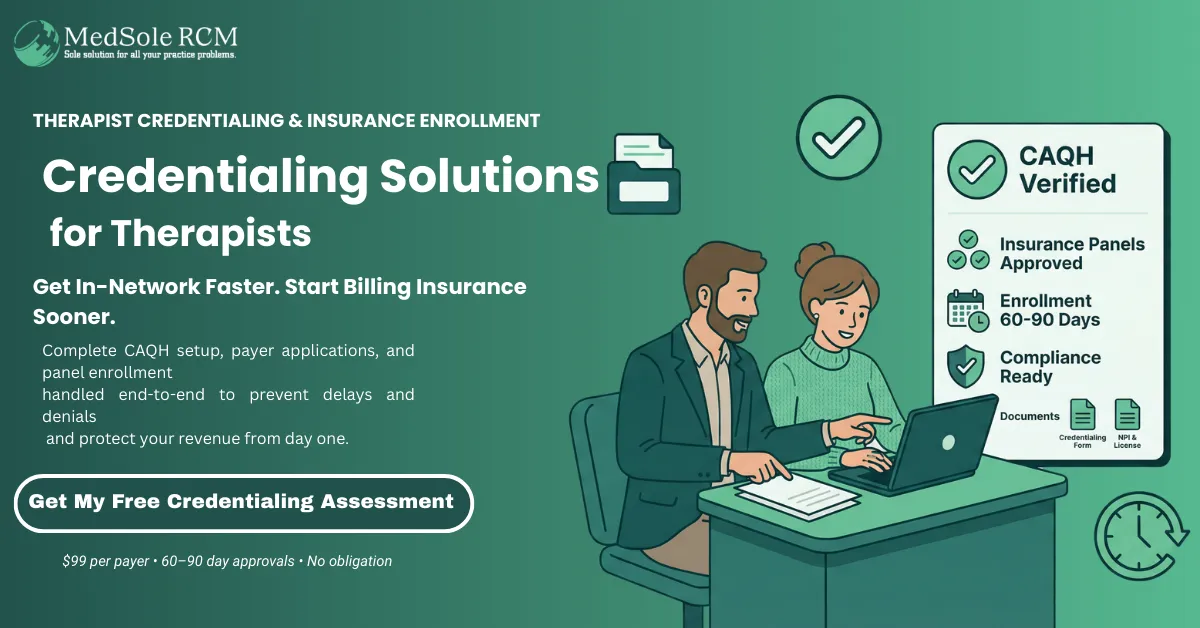
Posted Date: Jan 28, 2026
_11zon.webp)
Posted Date: Jan 29, 2026
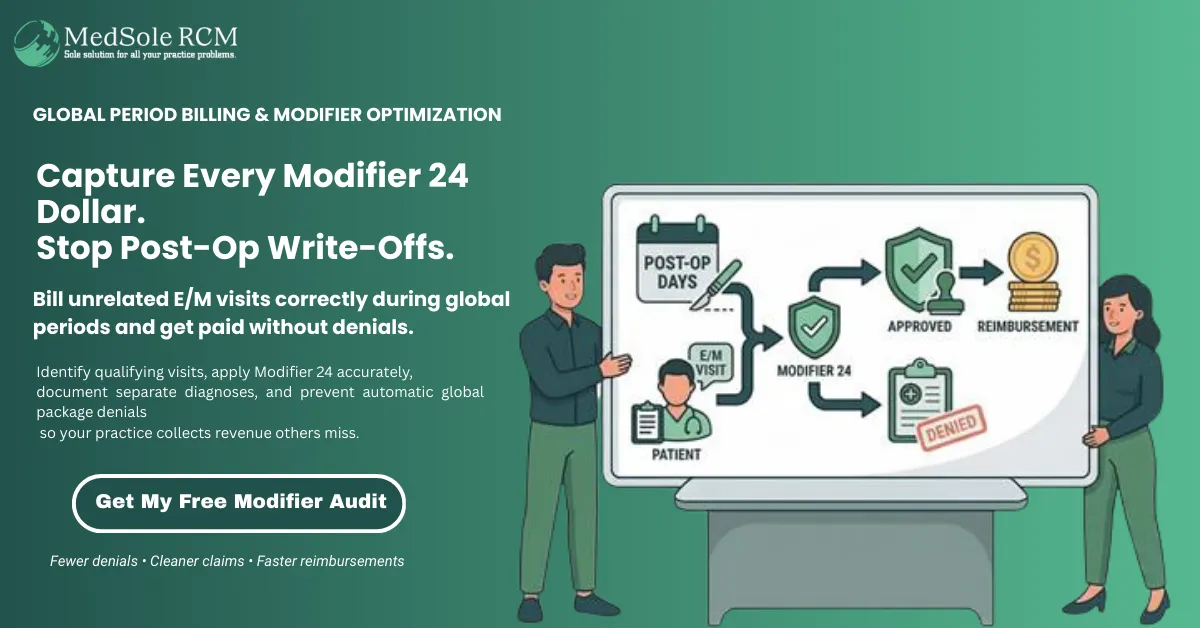
Posted Date: Jan 30, 2026
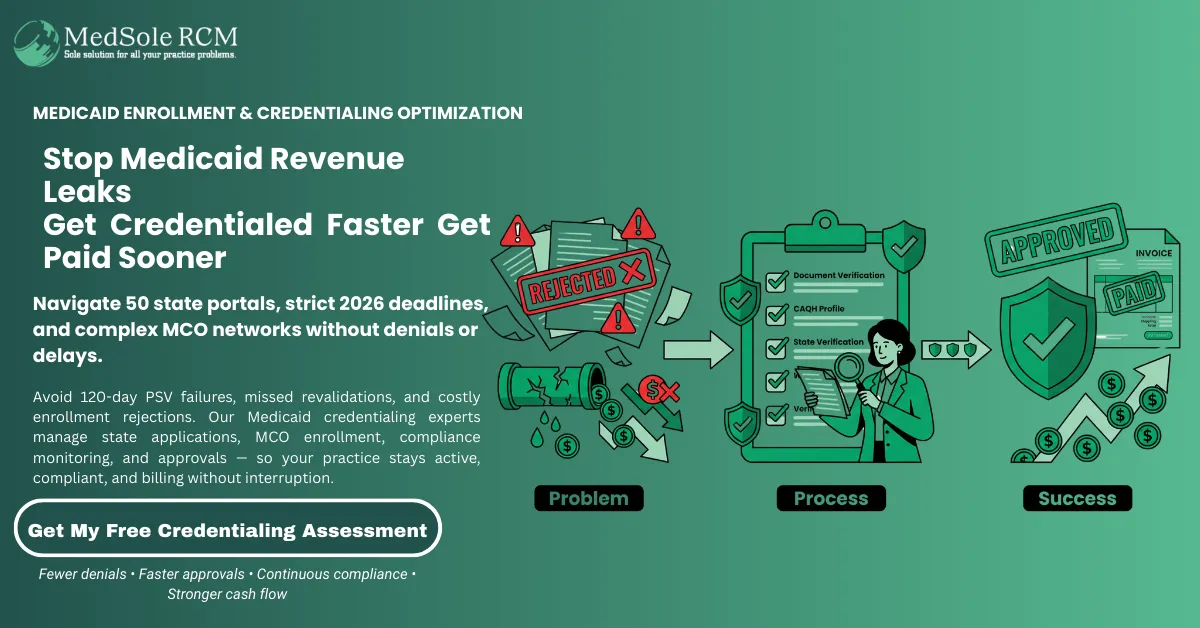
Posted Date: Feb 02, 2026
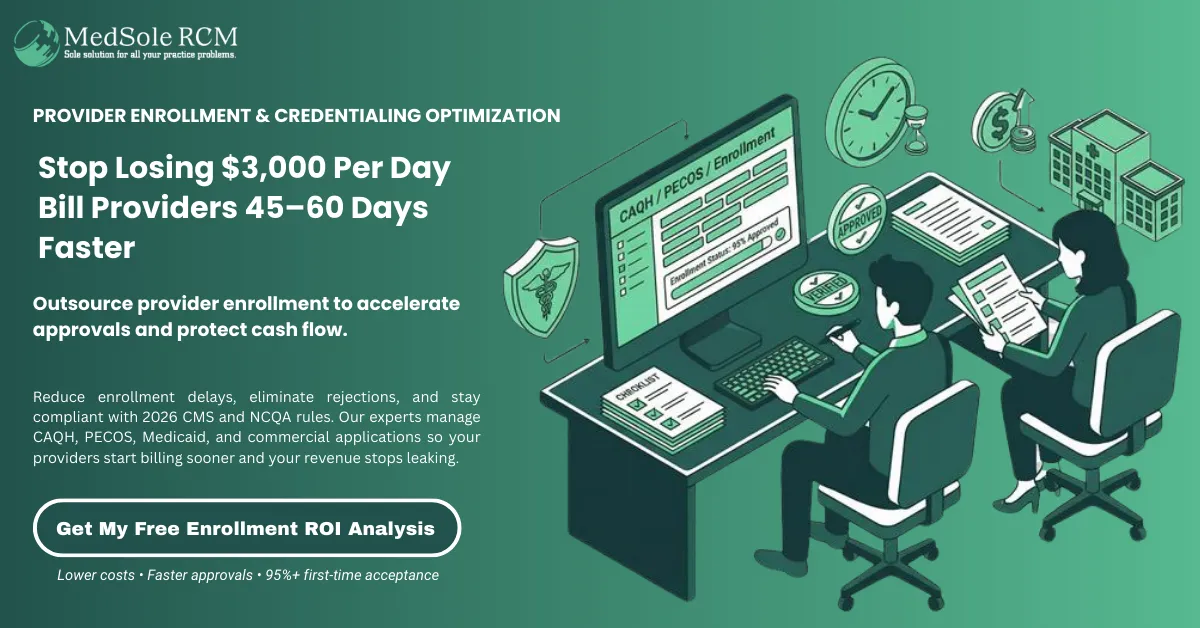
Posted Date: Feb 03, 2026
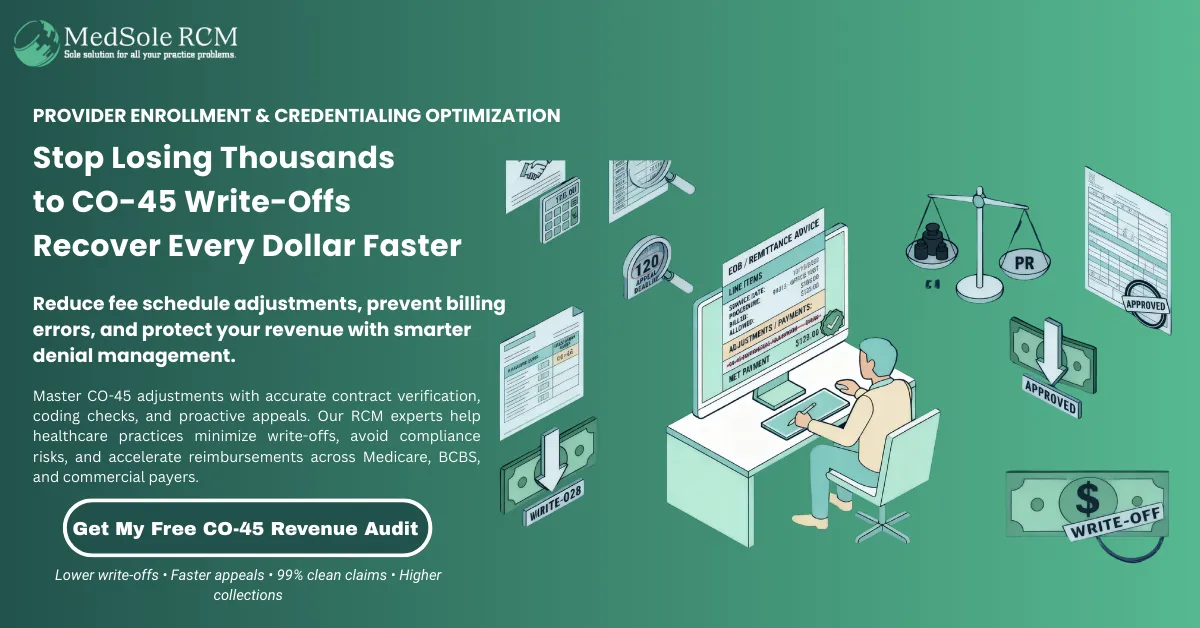
Posted Date: Feb 04, 2026
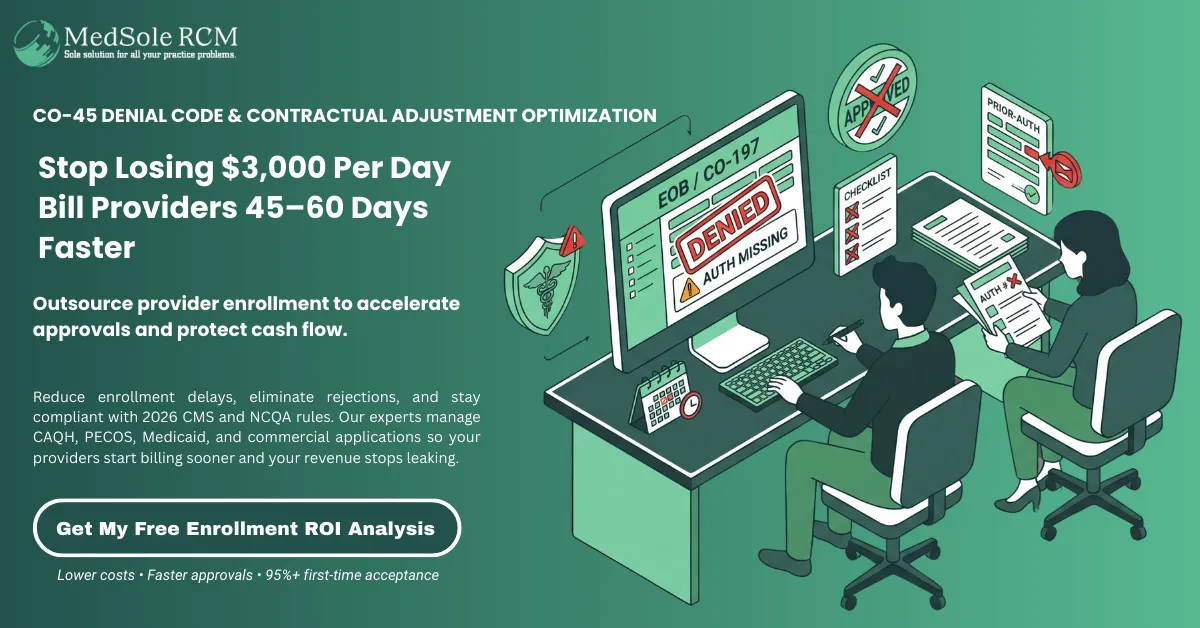
Posted Date: Feb 05, 2026
_11zon.webp)
Posted Date: Feb 06, 2026
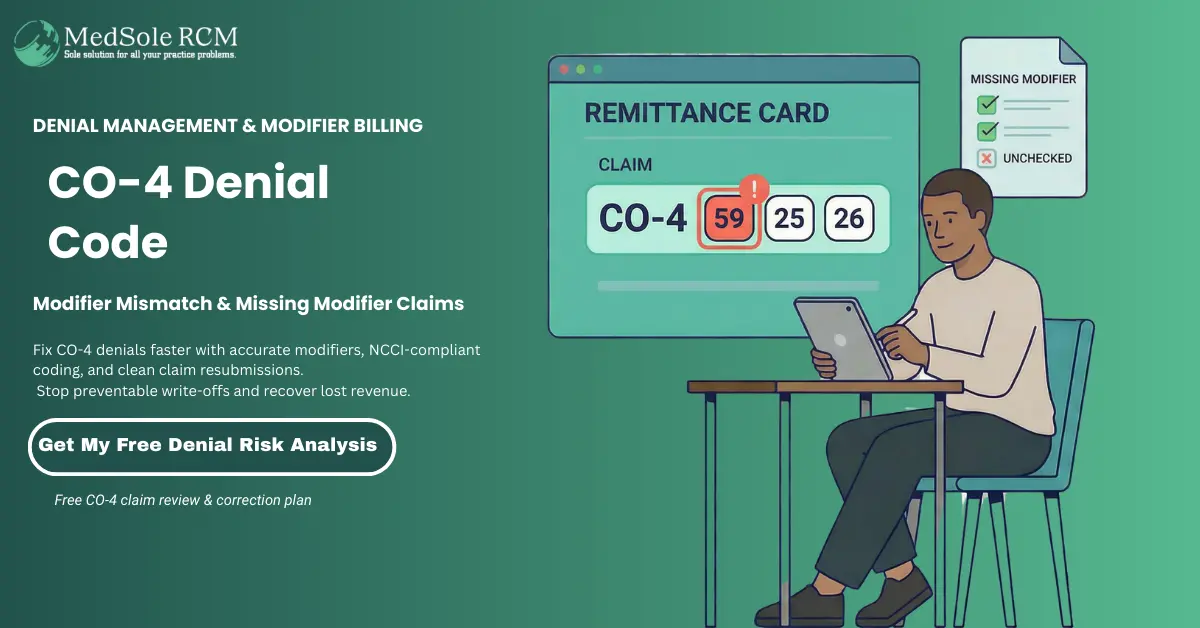
Posted Date: Feb 09, 2026
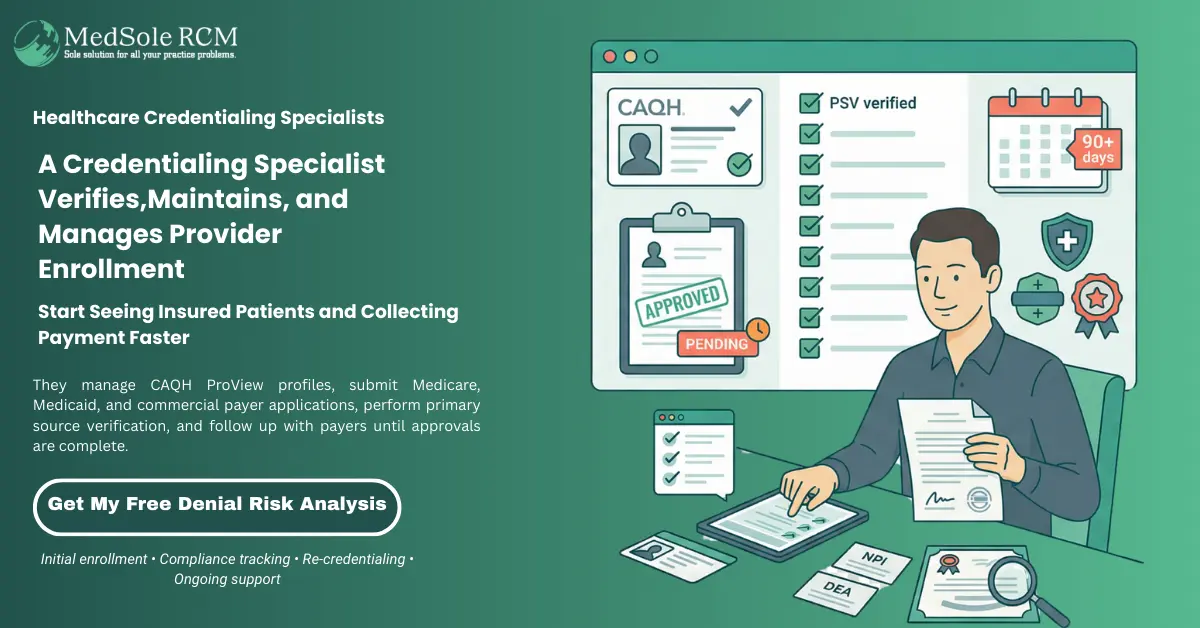
Posted Date: Feb 10, 2026
_11zon.webp)
Posted Date: Feb 11, 2026
.webp)
Posted Date: Feb 12, 2026
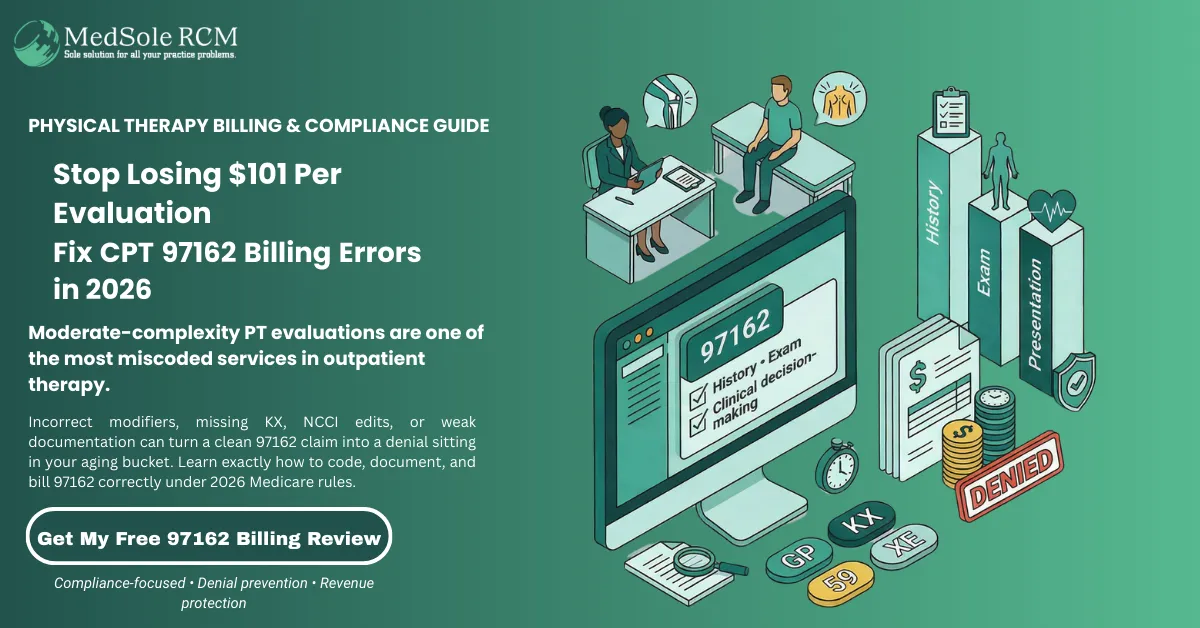
Posted Date: Feb 13, 2026
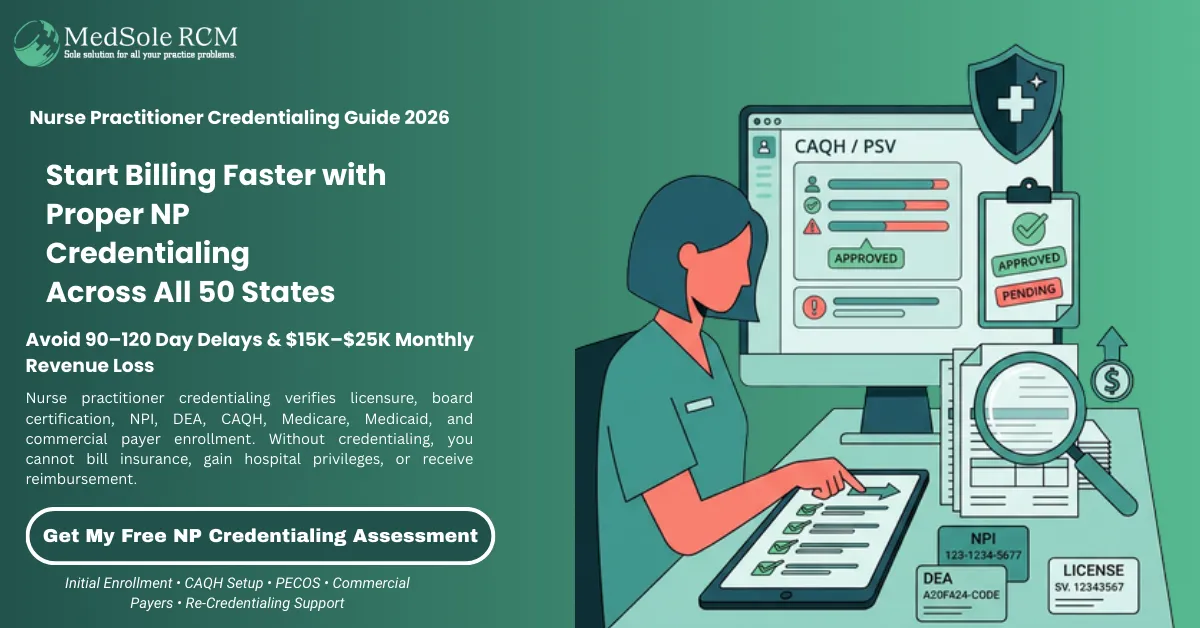
Posted Date: Feb 17, 2026
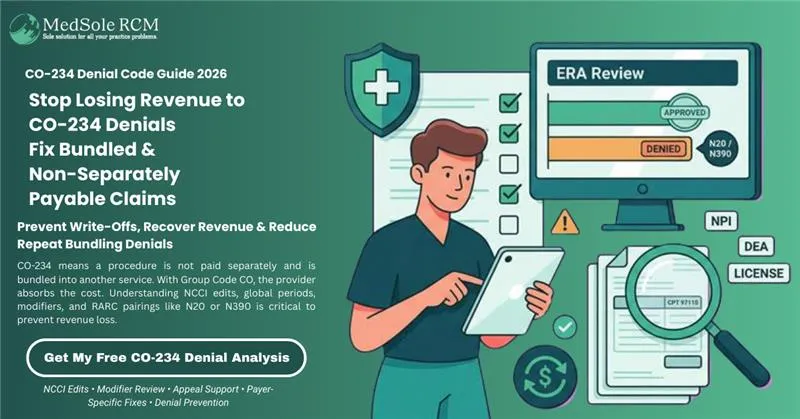
Posted Date: Feb 18, 2026
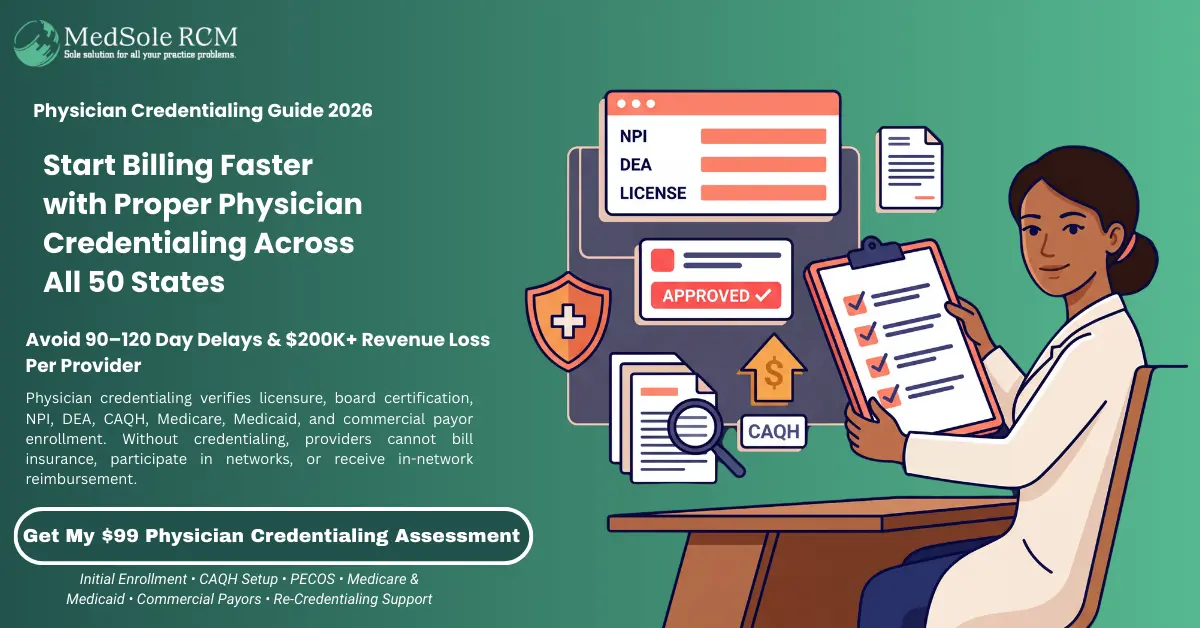
Posted Date: Feb 19, 2026
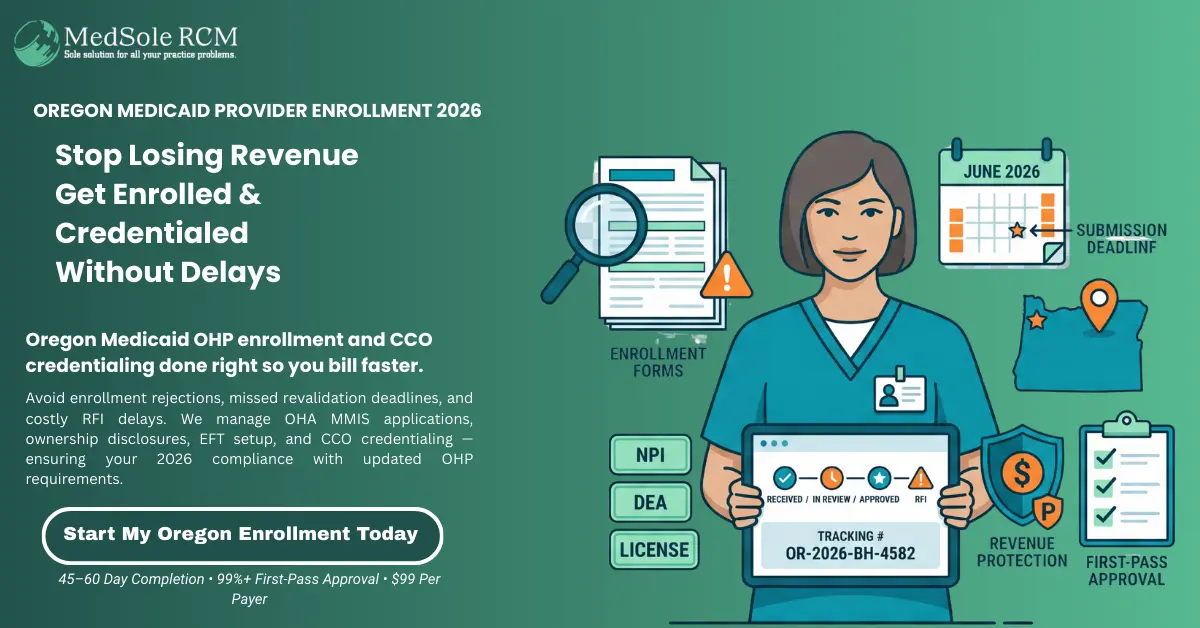
Posted Date: Feb 20, 2026
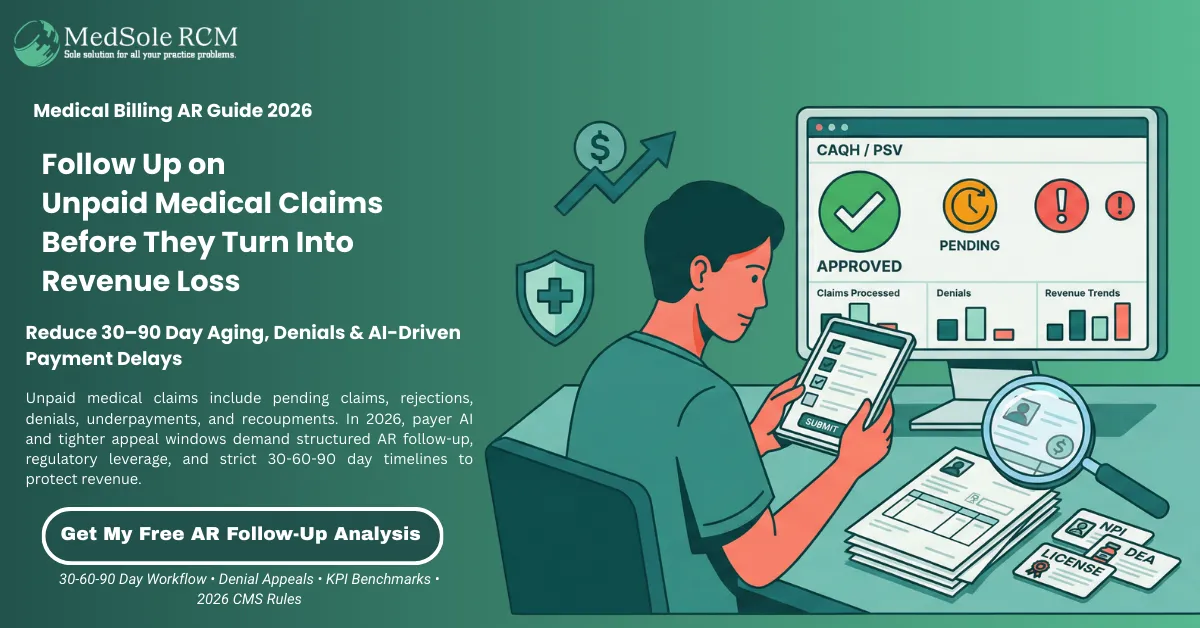
Posted Date: Feb 23, 2026
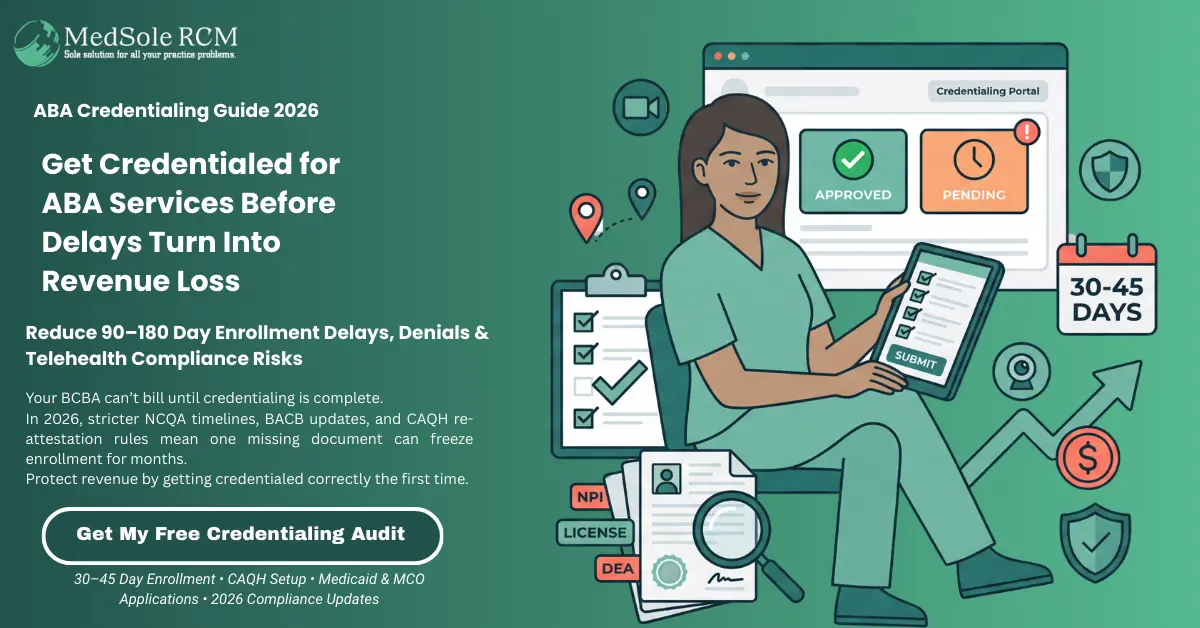
Posted Date: Feb 25, 2026
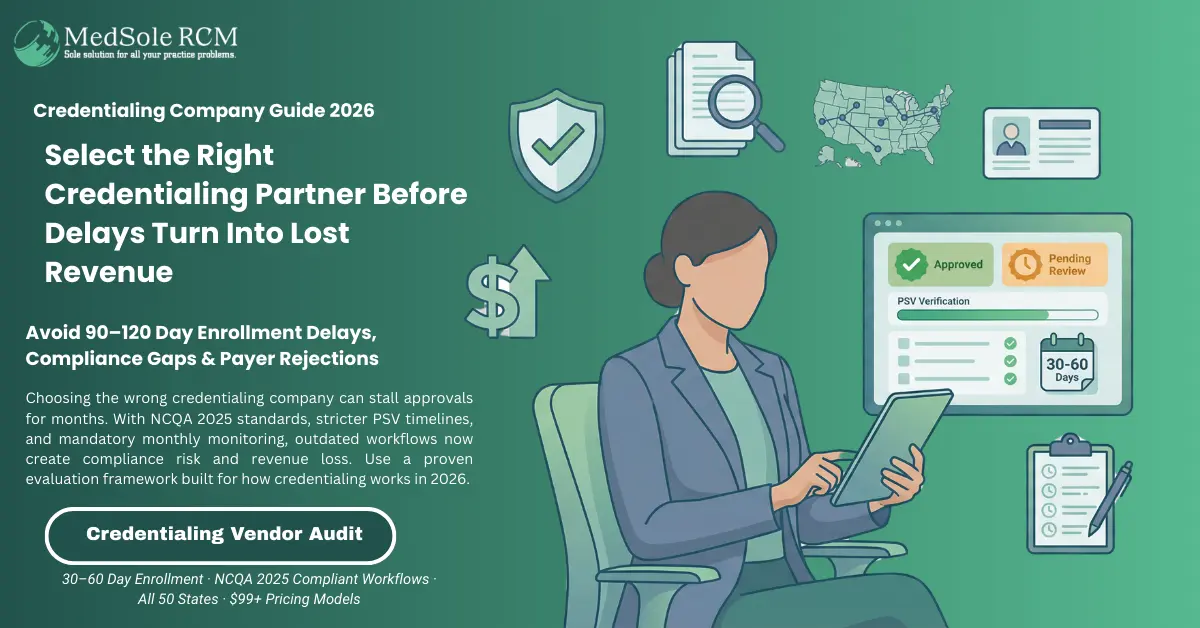
Posted Date: Feb 26, 2026